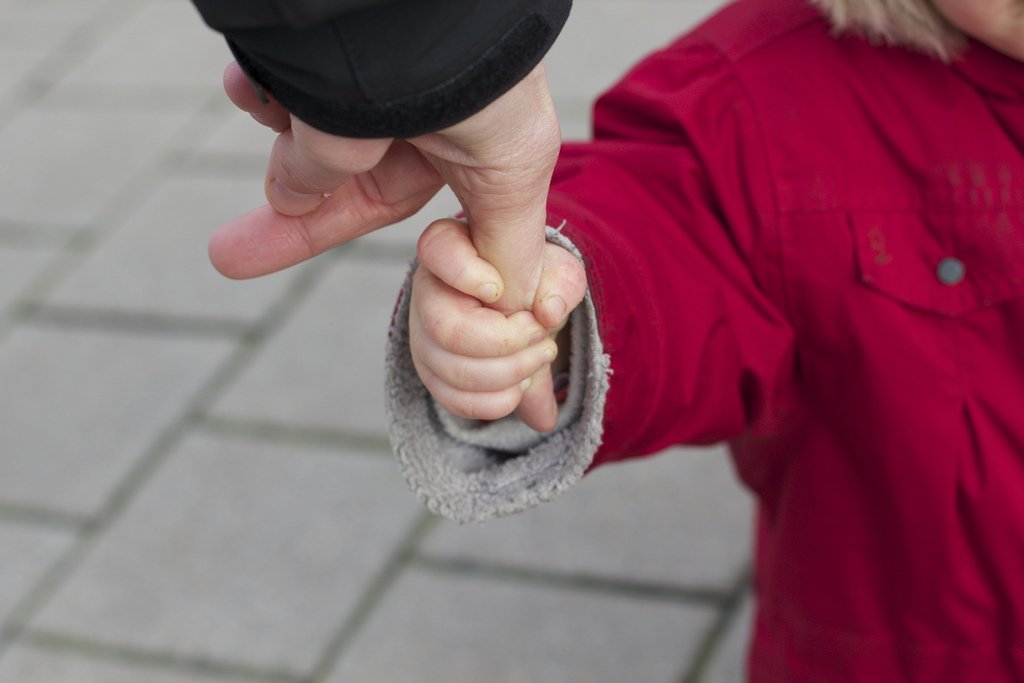
As we go through life, we all experience moments of stress. This is normal and our bodies have natural ways of handling it. However, what happens when this stress is elevated to unhealthy levels? When harmful levels of anxiety and stress are prolonged, this is called toxic stress. Here’s what you need to know about this condition.
What is Toxic Stress and What Causes It?

When we experience stress, our bodies respond by increasing our heart rate, blood pressure and stress hormones. This allows us to prepare for “fight or flight.” On their own, children don’t necessarily know how to cope with these sudden bodily changes and therefore need the support of adults who can help them navigate and cope with this stress in a healthy way. However, if children are exposed to stress for a prolonged time and don’t have the support of an adult, this can result in long-term effects on a child’s development, affecting them in their stress responses as they become an adult. This prolonged activation of stress response systems is called toxic stress.
How Does Toxic Stress Differ From Regular Stress?

Toxic stress differs from regular stress because it’s a prolonged state of stress in which sufferers are unable to come down from the body’s fight or flight state. In other words, in normal moments of stress, children don’t typically suffer long-term effects. However, continuous stress can have long-term negative consequences, particularly for a child’s development.
How Does Toxic Stress Affect Children?

Toxic stress can harm children because it affects their actual brain chemistry, resulting in possible developmental delays and susceptibility to stress-related conditions in the future. They might also be more likely to experience heart disease, diabetes, substance abuse or depression. In other words, prolonged stress has prolonged effects.
What Can Be Done to Treat It?

Treating toxic stress requires timely intervention. Before stress accumulates, the best way you can help your child avoid toxic stress is by helping them to cope with stressful situations as they arise. This includes having one-on-one time and quiet times to help your child experience calm moments. Treatment with a mental health professional includes finding ways to reduce stress, manage stress and strengthen resilience. At the end of the day, if you suspect your child is being affected by toxic stress it’s important to seek professional assistance as soon as possible to minimize long-term, negative effects.
Feature Image: gratisography.com


